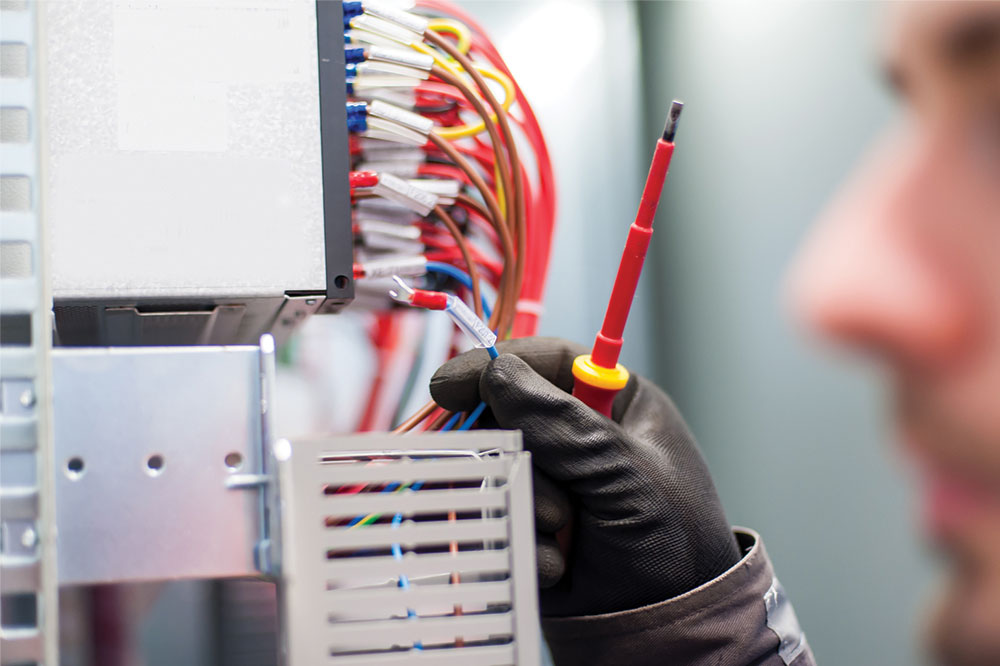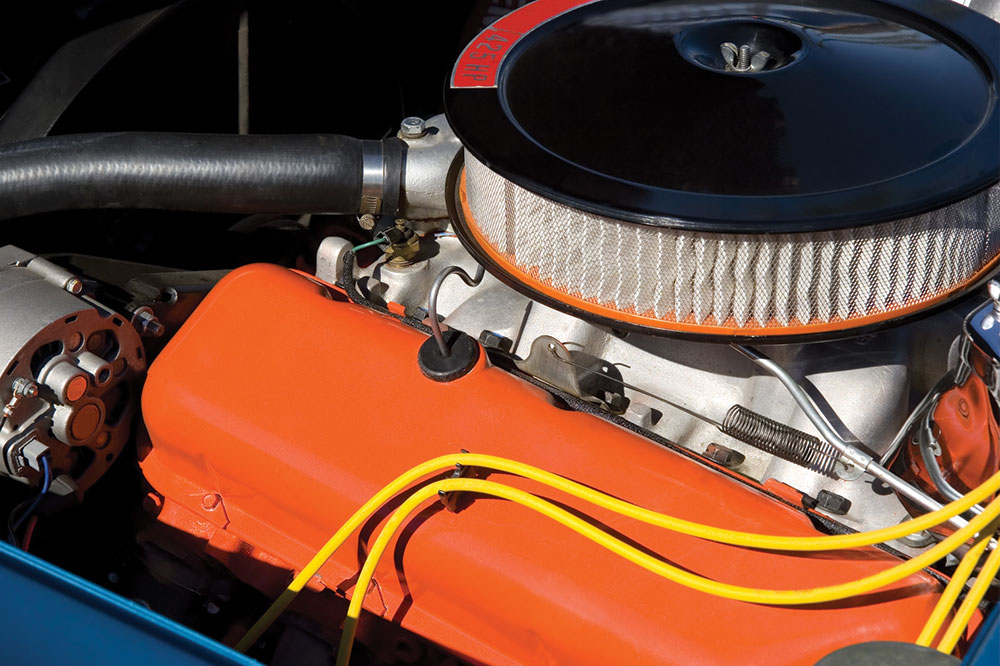Comprehensive Guide to Electrician Types and Their Specialized Services
This comprehensive guide explores the different types of electricians, their specialized services, and typical costs. Whether for residential, commercial, industrial, or emergency situations, understanding electrician roles helps in making informed decisions for safe and reliable electrical solutions across various settings.

Exploring Various Electrician Professions and Their Key Services
Electricity plays a vital role in powering our modern world, influencing everything from household comfort to industrial efficiency. Electricians are skilled tradespeople responsible for designing, installing, maintaining, and repairing electrical systems across different settings. Hiring a qualified electrician is crucial to ensure safety, compliance with codes, and reliable power supply. Understanding the diverse types of electricians, their specific expertise, typical service charges, and the range of services they provide can help homeowners, businesses, and industrial clients make informed decisions.
Categories and Specializations of Electricians
Residential Electricians
These electricians specialize in electrical work within private homes and residential communities. Their primary responsibilities include installing wiring systems, lighting fixtures, and electrical appliances. They also handle upgrades to existing wiring, installation of home automation systems, fire alarm setups, and outdoor lighting installations in neighborhoods, housing complexes, or standalone houses. Residential electricians must adhere to strict safety standards to prevent electrical hazards and ensure the safety of residents.
Commercial Electricians
Focusing on business premises, commercial electricians provide vital electrical services for retail stores, offices, restaurants, and other commercial establishments. Their tasks include installing and maintaining lighting systems, backup power solutions such as generators, electrical outlets, and sophisticated control systems. They also perform safety inspections, wiring upgrades, and compliance checks aligned with commercial electrical codes. Their expertise often extends to installing specialized electrical equipment for various industries, ensuring efficient and safe business operations.
Highway and Infrastructure Electricians
This specialized group is responsible for installing and maintaining electrical components that keep our roadways functioning safely. They work on street lighting, traffic signals, and electrical infrastructure along highways and urban streets. Ensuring these systems operate effectively is crucial for traffic safety, especially at night or during adverse weather conditions. Their work requires meticulous planning, adherence to transportation safety standards, and often collaboration with municipal authorities or transportation departments.
Industrial Electricians
Industrial electricians serve large-scale manufacturing plants, steel mills, and other heavy industries. Their work involves servicing complex machinery, high-powered motors, generators, and automation control systems essential for manufacturing processes. Industrial electricians often work in challenging environments, requiring knowledge of heavy electrical loads, sophisticated control panels, and safety protocols specific to industrial settings. They are also responsible for troubleshooting and upgrading electrical systems to improve efficiency and safety in industrial operations.
Emergency Electricians
Available 24/7, emergency electricians are crucial in responding swiftly to urgent electrical issues such as power outages, exposed wiring, or electrical faults that pose safety hazards. Their rapid response prevents accidents, reduces downtime, and restores power efficiently. Emergency electricians are often equipped with specialized tools and equipment to diagnose and resolve electrical problems quickly, often working outside normal business hours, including nights and weekends.
Typical Electrical Services Provided
Switches and Outlets
Repairing damaged or faulty switches and outlets, installing new ones to accommodate modern appliances and ensure user safety. Proper installation of outlets for high-power devices is essential in both residential and commercial properties.
Lighting Installation and Retrofitting
From installing new lighting fixtures to upgrading existing systems to energy-efficient LED lights, electricians enhance both aesthetic appeal and energy savings. They handle wiring connections and fixture mounting in various settings, including homes, offices, and outdoor areas.
Electrical Panel Installation and Upgrades
An electrical panel distributes power throughout a building. Electricians replace outdated panels, upgrade capacity, and ensure proper grounding and wiring connections. Proper panel management improves safety and enables the integration of new electrical loads or smart home systems.
Ceiling Fan Installation
Electricians manage the wiring and secure mounting of ceiling fans to improve air circulation, reduce cooling costs, and enhance comfort in residential and commercial spaces.
Fire Alarm System Installation
Ensuring early fire detection, electricians install fire alarm systems compliant with safety standards, providing peace of mind for residents and building occupants.
Electrical Safety and Emergency Repairs
During electrical emergencies, electricians quickly identify potential hazards, restore power, and prevent shocks or fire risks through effective troubleshooting and repairs.
Parking Lot and Area Lighting
Installation of standard or smart lighting solutions, including sensors and automated controls, enhances security and visibility in parking zones, residential complexes, and commercial premises.
Service rates for electricians typically vary based on expertise and job complexity, with hourly charges ranging from $40 to $120. More complicated or urgent jobs may incur higher rates, often determined after an initial assessment of the electrical issue.




